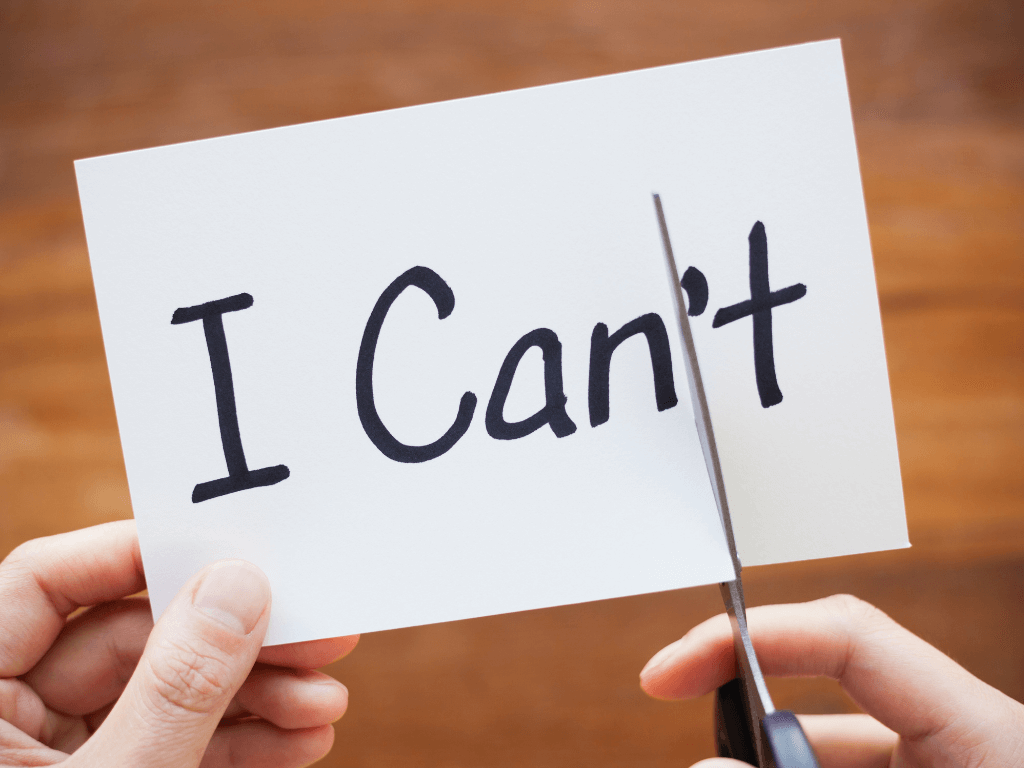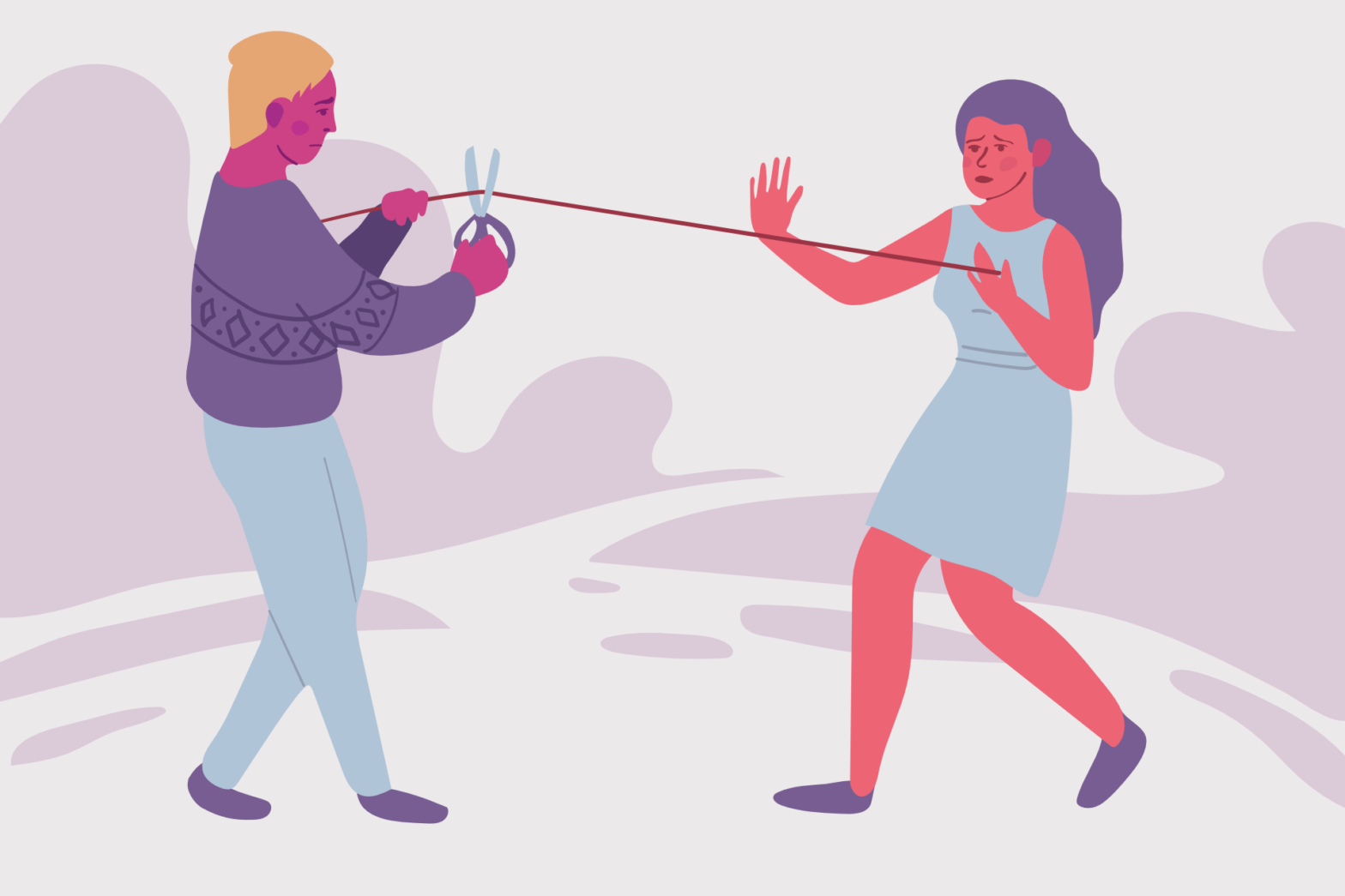The beliefs we carry with us carve out forks in the road of our life. They direct us down very different paths and experiences. Our primary beliefs and our ensuing thoughts direct how we engage life. Ironically, we hardly pay attention to these seismic influences upon us. If you’d like to live your live to its fullest – it’s essential that you understand and unravel these influences.
Beliefs may be subtle and fly beneath our conscious radar or altogether overt, but either way they are immensely powerful. Let’s look at two opposing beliefs and consider how they impact us.
Why Can’t I?
My parents raised me to believe in possibilities and to move toward my potential. I didn’t see limitations so much as possibilities. My instinct throughout my life has been, “Why can’t I?” When I have a vision, a thought or a goal, my gut feeling is “I can do this, why not?”
This attitude has enabled me to re-craft my sense of identity and avocation, seeing my life as perpetually evolving. This – I can do this attitude — frees me to see myself through the lens of becoming, not stuck in a state of being. I never ask myself, “Who am I?” Instead, I contemplate, “How would I like to experience my life?”
I Can’t Do This
From my personal experience — and more to the point my work as a therapist– I appreciate that many people are encumbered by a vastly differing belief: “I can’t do this.” Their minds search out justifications as to why they won’t succeed. And of course they don’t. The belief — which informs the thought -may be as simple as, “I can’t do that, or I’m not smart enough, experienced enough, confident enough, lovable enough.” These images of your self contribute to mediocrity and disappointment in your relationships, your job and your joy of life. They also incline people toward anxiety, depression and a host of other afflictions.
These beliefs most certainly become self-fulfilling prophecies. They are often due to the messages we receive in childhood that serve to imprint the “truth,” about ourselves. The belief, if left unexamined terribly diminishes our lives. What a horrible thing. Learning to upend such beliefs, however, can liberate you from their grip.
What Informs Your Belief?
When I work with people afflicted in this way, I may ask them how they came to their limiting belief. How do they know it’s true? Typically, people just assume it’s so. Some years ago I was giving a talk on personal growth and the change process. A gentleman in the audience asked a pointed question that revealed his skepticism about people’s ability to change. I paused before responding and ultimately inquired, “Can you tell us how you came to your belief?”
He then proceeded to share both the messages he received from his parents and furthermore, that he had never witnessed anyone close to him changing. His belief was in fact a closed feedback loop – confirming his life experience. I then offered to him that my differing experiences were probably simply due to my starkly different view of myself. He acknowledged my point and this opened him to an alternative view of himself.
The snap shot we take of ourselves, typically early in life, cements our identity until we choose to take a fresh look. We needn’t be indentured to our limiting beliefs once we come to see that they are after all –simply beliefs. A belief is a bias, a way of looking at things. If the way we look at ourselves is stuck in negativity, we’re left with self-incrimination. The simple yet profound transition to “I can do this,” leads to a self-affirming belief that yields life-affirming results.
Your Most Intimate Companion
Our thoughts are our most intimate companion. They are with us day in — day out. They have more impact on our life than our parents, children, friends or lovers. The most important relationship you will ever have is with your beliefs and thoughts. It certainly would make sense to have a look at them. Ask yourself where they came from and how do you know them to be true. Most importantly, do they serve you? Your view of yourself can act as a straitjacket or as your greatest ally.
In my next article I’ll share some approaches and techniques enabling you to shed tired beliefs and thoughts that don’t serve you.





[…] wrote an article some time ago which was called “Why I Can’t or Why Can’t I?” In a way, that really illustrates the difference between optimism and pessimism. The optimist […]